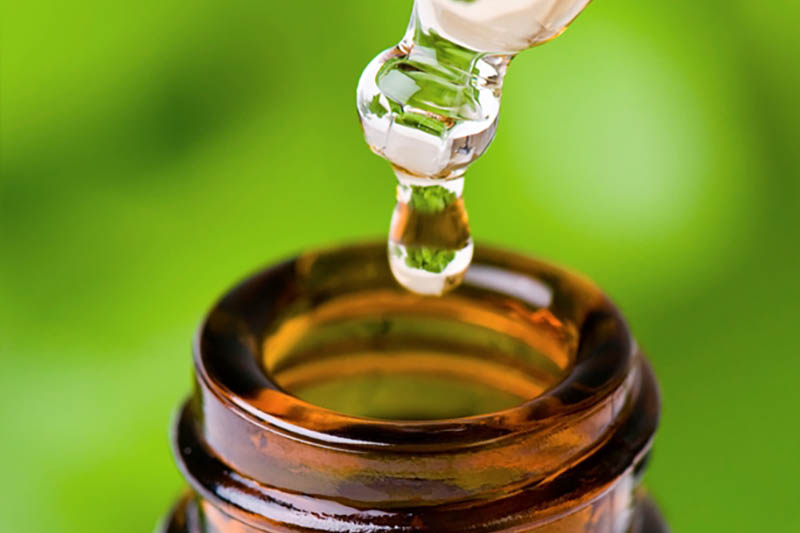
What are UTI’s? Urinary Tract Infections
Do you… Frequently or urgently need to urinate Often only pass small amounts of urine Have Pain or burning sensation when urinating These can be symptoms of urinary tract infections. There

Providing your oils were fresh when purchased, correct storage will ensure their active properties remain effective for longer.
The three main reasons for the loss of the therapeutic qualities of your undiluted oils are:
Always buy oils in small quantities and store them, tightly capped, in a cool dark place away from children. Oils should be stored in dark glass bottles, which if unopened, the oils can last for years. If you purchase larger bottles of oil you can extend the shelf life by decanting them into smaller bottles. (Eg: 30mil into 3 x 10mil dark glass bottles.) This means less air gets into the bottles helping them last longer. Some like patchouli become more potent with age.
Once they have been diluted in carrier oil, the shelf-life reduces considerably. It is advisable to dilute only what you are going to use within the next two to four months.
Citrus oils have a shorter shelf life. Once opened and used regularly, exposing them to the air, the oils will remain at their peak for about a year. To increase their shelf life they can be stored in your fridge along with carrier oils and massage oils. Fridge setting should be between 5-10 degrees.
Essential oils like Rose Otto, Star Anise, Aniseed and Fennel may solidify at this temperature. Holding Rose Otto oil in your hand for a few minutes produces enough heat to dissolve the natural waxes which solidify just below room temperature. Other oils may need to stand for a few hours to return to normal.
Carrier oils need to be taken out of the fridge 12 hours before you use them to allow them to naturally come to room temperature. Some carrier oils form fatty/waxy particles which need to be dissolved before use by a quick shake of the bottle.
Jojoba oil will set into a solid, butter-like consistency at cool temperatures, and this is an indication that the oil has not been ‘extended’ with a cheaper carrier oil. Unrefined Avocado may also react in a similar way, although the refined oil will remain liquid since most of the essential fatty acids have been removed during rectification.

Do you… Frequently or urgently need to urinate Often only pass small amounts of urine Have Pain or burning sensation when urinating These can be symptoms of urinary tract infections. There
Disclaimer – Our intent is not to diagnosis but to offer information on therapy choices and practitioners. Information on this site is intended general educational purposes only. Any statements made are carefully referenced and any information, products or services discussed are not intended to diagnose, cure, treat or prevent any disease or illness. Please consult a healthcare practitioner before making a choice.